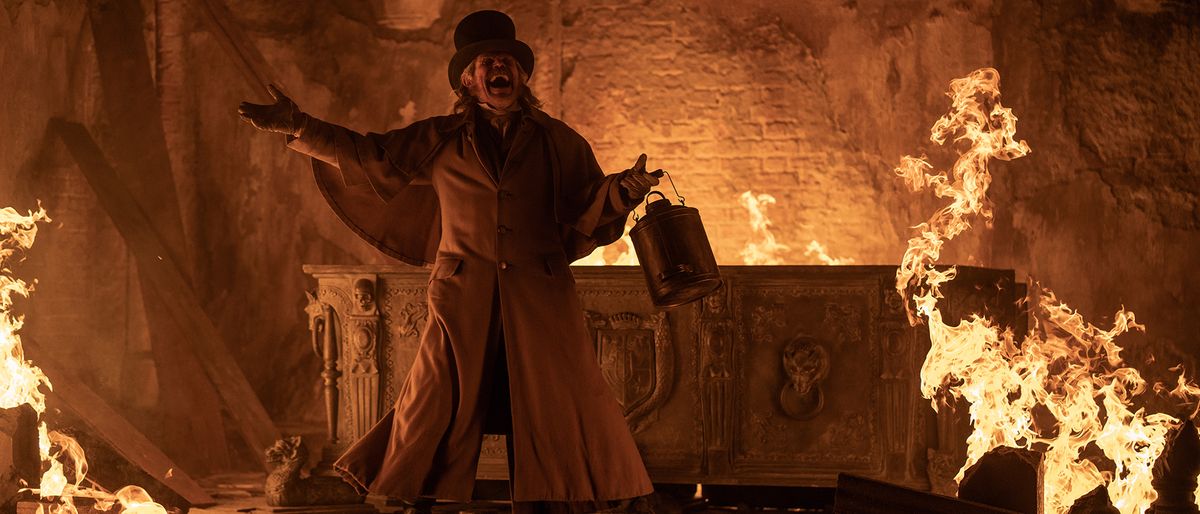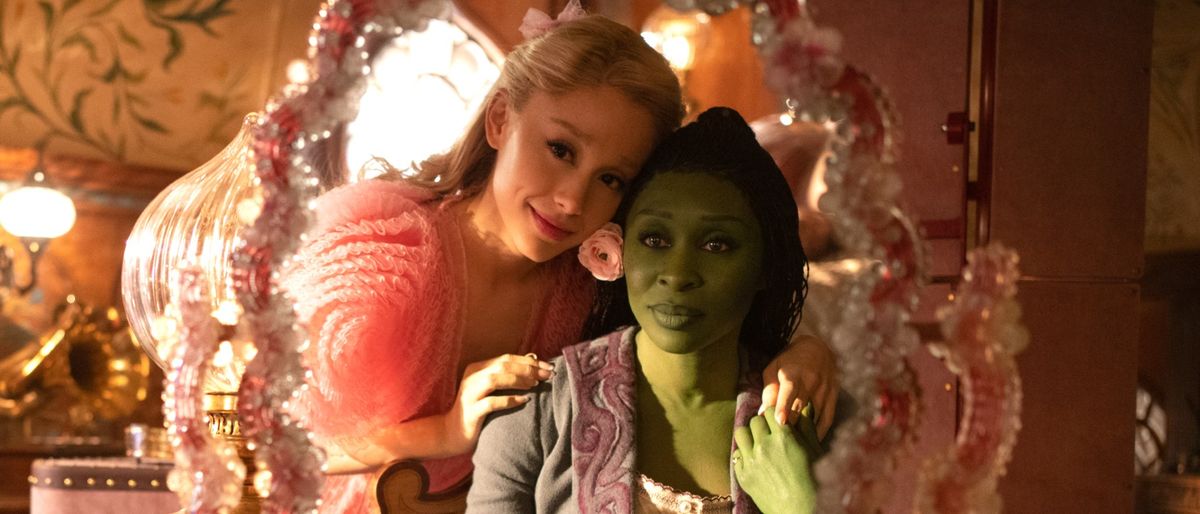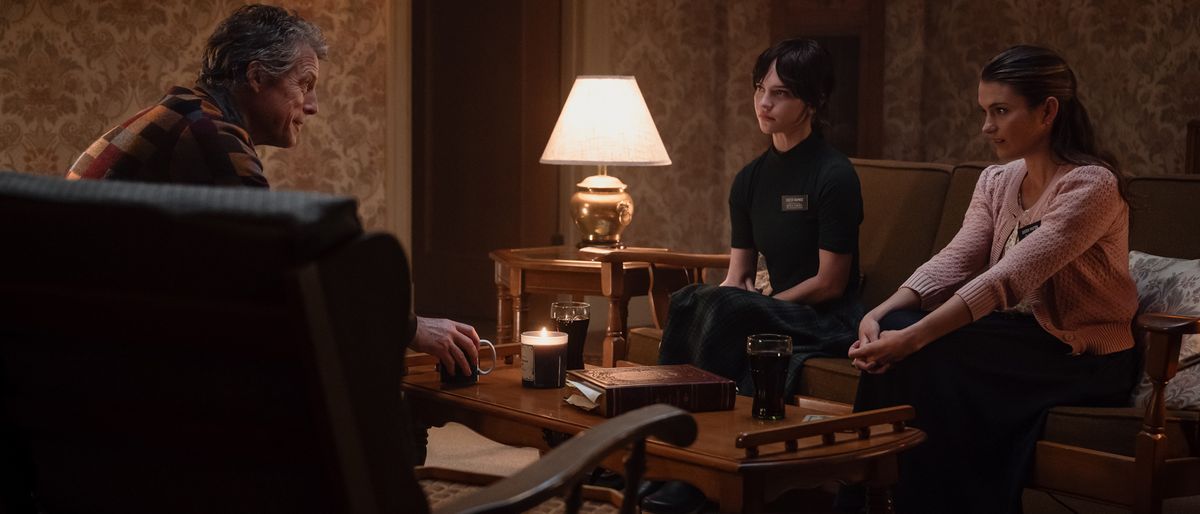__large.jpg)
★½
Species dysphoria is a unique condition in which the affected party believes they are of a species other than their own. Nathalie Biancheri, who writes and directs Wolf, sheds some light on the condition, but mainly just uses it to get her larger message across. What ensues is 99 minutes of pretentious metaphoric banter, all of which could have been summed up in the first act. Wolf is interesting, and it is beautifully shot, but the loosely veiled messaging is shallow, and an important sentiment is lost somewhere in the nonsense.
Jacob (George MacKay) believes that he is a wolf. Having grown up in a human body, his life is a never-ending struggle, fighting with who he really is and who he should be. When he is committed to a species dysphoria clinic, Jacob meets some like-minded patients, and a mysterious employee who believes she is a wildcat (Lily-Rose Depp). The clinic, run by a two-faced doctor known as The Zookeeper (Paddy Considine), is an unsettling environment. The Zookeeper’s methods are extreme and slightly horrifying, but he is known to release his patients back into the world as normal, human, citizens.
Biancheri (Nocturnal) chooses a fascinating condition to explore, and she weaves it into an uncomfortable horror show. Her direction is executed very well; the long still shots of the clinic, the wilderness, or even various patients interacting, are magnetizing. The lightning from scene to scene is engrossing, and really helps build up what little tension the film has. MacKay’s (1917, Captain Fantastic) performance is also top-notch; he is given an enormously difficult role to play and does it very well.
Where Wolf struggles is in its dialog and messaging. Biancheri is trying to relay a message of inclusivity, nonconformity, and one’s inner struggle when things don’t feel as they “should” be. This is all admirable, but paper thin in its execution. The film would have greatly benefited from leaving more up to the viewers interpretation. Instead, Biancheri force feeds her obvious message at an excruciatingly slow pace, which throws away any intrigue the viewer may develop. Biancheri tries to prolong her message through a release valve of interesting characters and relationships, all in which fall flat. Depp’s (Voyagers) Wildcat character is shrouded in mystery, hope and promise, only to be completely neglected by Biancheri’s pompous script.
As a dark, gritty arthouse film, Wolf fails on so many levels. Aside from some beautiful camera work, Biancheri’s latest is so shallow, it demeans any message that it sets out to convey. The on-screen relationships are hollow, the characters are almost portrayed as caricatures, and the dialog is lazy. An interesting idea destroyed by a mind-numbingly bad script; Wolf is not worth your time.
Source


